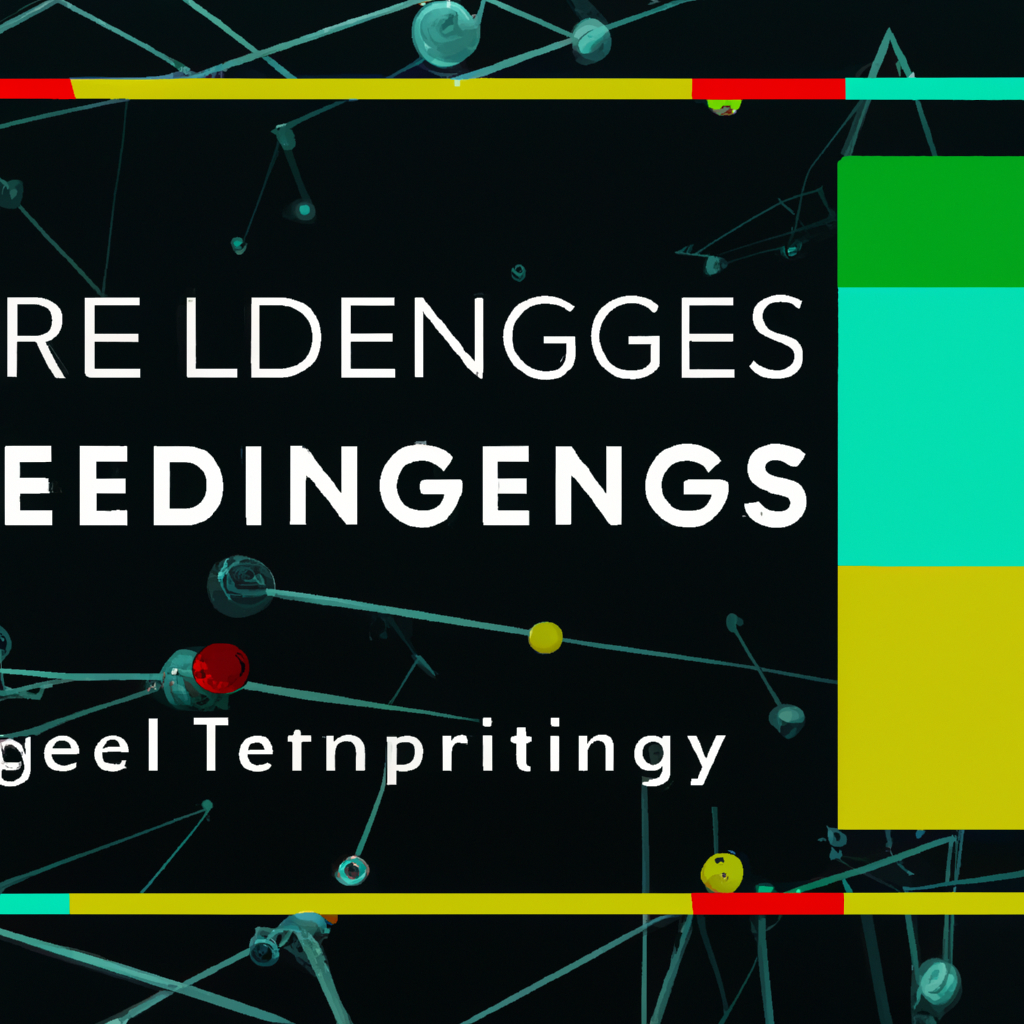Understanding the Principles of Reinforcement Learning in Game Theory
Table of Contents
Understanding the Principles of Reinforcement Learning in Game Theory
# Introduction:
Game theory is a branch of mathematics that deals with the analysis of strategic decision-making. It has found applications in various fields, including economics, biology, and computer science. One of the key concepts in game theory is reinforcement learning, which involves agents learning to make optimal decisions through trial and error. In this article, we will explore the principles of reinforcement learning in game theory and its significance in the world of computation and algorithms.
# Game Theory and Reinforcement Learning:
Game theory studies how rational individuals or agents interact in a strategic environment to maximize their utility. It provides a mathematical framework for analyzing the outcomes of strategic interactions, such as in competitive games or economic scenarios. Reinforcement learning, on the other hand, focuses on how agents can learn to make optimal decisions based on feedback from their environment.
Reinforcement learning in game theory involves agents learning to play games through repeated interactions and updating their strategies based on the outcomes. The agents receive feedback in the form of rewards or punishments, which guide their decision-making process. By maximizing their cumulative rewards over time, the agents aim to converge on strategies that lead to optimal outcomes.
# Markov Decision Processes:
To understand reinforcement learning in game theory, it is important to grasp the concept of Markov Decision Processes (MDPs). MDPs are mathematical models that formalize decision-making problems in which the outcomes are influenced by both the agent’s actions and the environment’s state. MDPs consist of states, actions, transition probabilities, and rewards.
In the context of game theory, each player’s strategy can be seen as a decision-making process in an MDP. The states represent the state of the game, the actions represent the player’s available moves, the transition probabilities represent the likelihood of transitioning to a new state, and the rewards represent the outcome of the game.
# Q-Learning:
Q-learning is a popular reinforcement learning algorithm that has been extensively used in game theory. It is a model-free algorithm, meaning that it does not require prior knowledge of the environment’s dynamics. Q-learning involves estimating the value of each state-action pair, known as the Q-value, which represents the expected cumulative reward of taking a particular action in a particular state.
The Q-values are updated iteratively based on the agent’s experiences in the environment. The update rule is based on the Bellman equation, which states that the Q-value of a state-action pair should be equal to the immediate reward plus the discounted value of the expected future rewards. By iteratively updating the Q-values, the agent gradually learns to make better decisions and converge on an optimal strategy.
# Multi-Agent Reinforcement Learning:
In many real-world scenarios, decision-making involves multiple agents interacting with each other. Multi-agent reinforcement learning (MARL) extends the principles of reinforcement learning to such scenarios. MARL aims to find strategies that not only maximize individual rewards but also take into account the actions and strategies of other agents.
MARL introduces additional challenges compared to single-agent reinforcement learning. The agents need to learn to cooperate or compete with each other, taking into account the dynamic nature of the game. Various algorithms have been developed to address these challenges, such as the popular Q-learning-based algorithm called Q-learning with opponents’ models (QOM).
# Applications in Computational Biology:
Reinforcement learning in game theory has found numerous applications in computational biology. One such application is the study of evolutionary game theory, which analyzes how different strategies can evolve and persist in populations over time. By modeling interactions between individuals as games, researchers can gain insights into the emergence and stability of cooperative or competitive behaviors.
Reinforcement learning algorithms have also been used to study the evolution of cooperation in social dilemmas, such as the prisoner’s dilemma. These algorithms allow researchers to investigate how cooperation can emerge and be sustained in situations where self-interest might dictate otherwise. The insights gained from these studies can help in understanding the dynamics of real-world social interactions.
# Significance in Algorithmic Decision-Making:
Reinforcement learning in game theory has significant implications for algorithmic decision-making in various domains. For example, in the field of autonomous systems, reinforcement learning can enable robots or agents to learn optimal strategies for navigating complex environments. By learning from their interactions with the environment, these systems can adapt and improve their decision-making capabilities over time.
In the domain of recommender systems, reinforcement learning can be used to personalize recommendations based on user feedback. By modeling the recommendation process as a game between the system and the user, the system can learn to optimize its recommendations to maximize user satisfaction. This approach has been shown to outperform traditional collaborative filtering methods in terms of recommendation quality.
# Conclusion:
Reinforcement learning in game theory provides a powerful framework for understanding and analyzing strategic decision-making. By combining the principles of game theory with reinforcement learning algorithms, researchers can gain insights into the dynamics of complex interactions and develop intelligent systems capable of making optimal decisions. The applications of reinforcement learning in game theory are vast, ranging from computational biology to algorithmic decision-making, and hold great promise for future advancements in the field of computer science.
# Conclusion
That its folks! Thank you for following up until here, and if you have any question or just want to chat, send me a message on GitHub of this project or an email. Am I doing it right?
https://github.com/lbenicio.github.io

